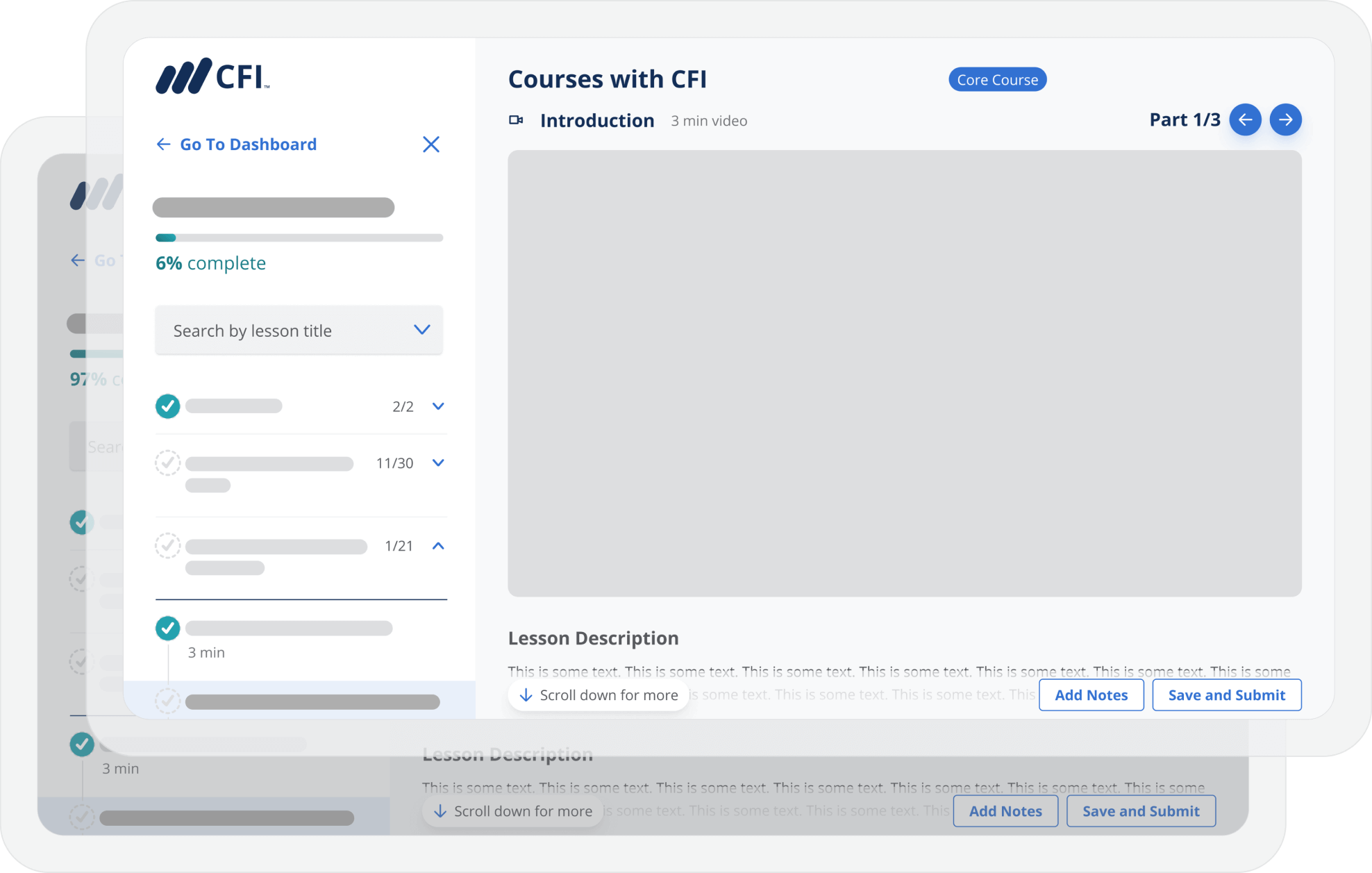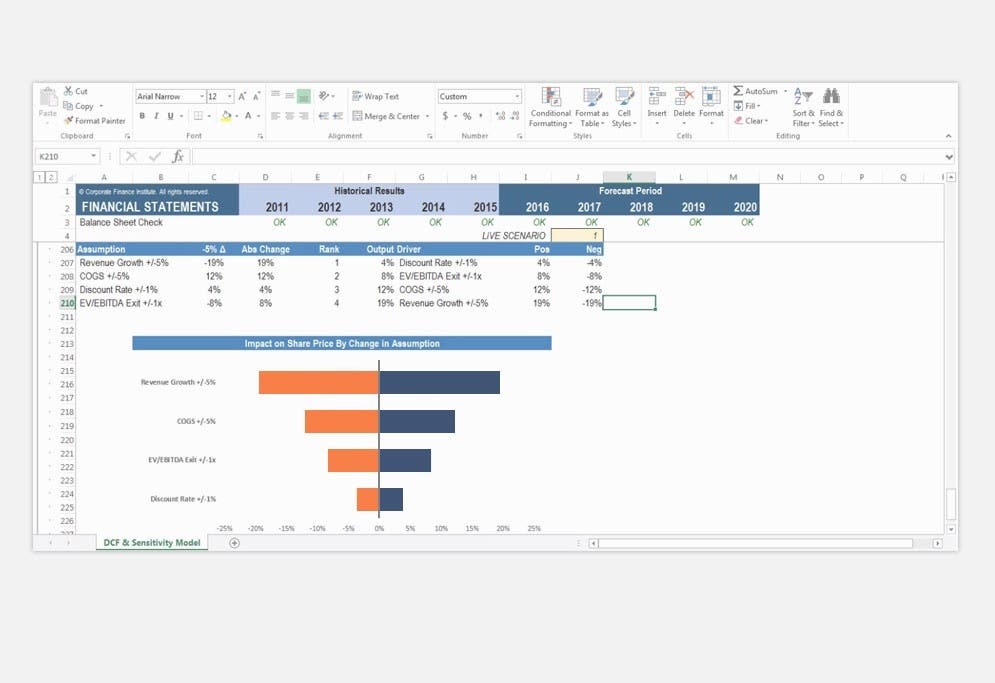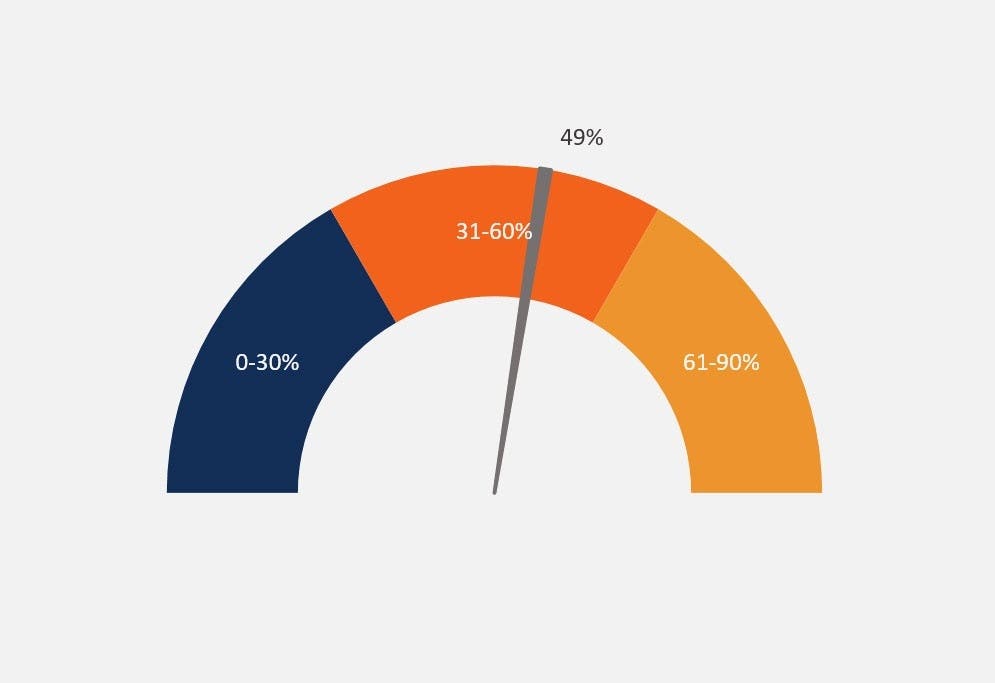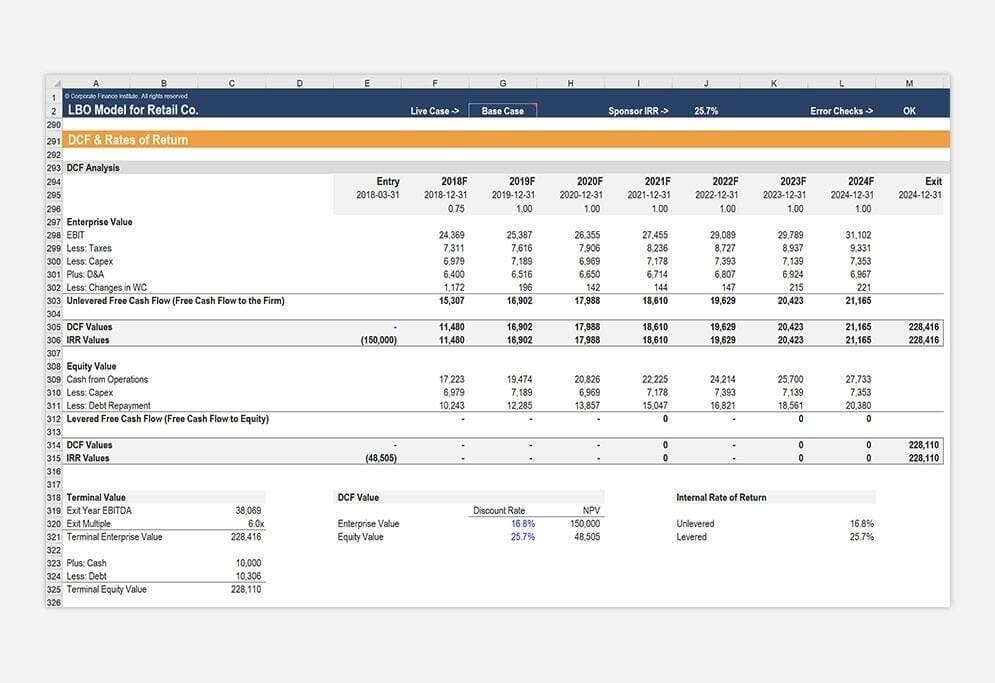Learn Risk Management with CFI
Topic Overview
22 courses
Consisting of over 1090+ lessons
120+ interactive exercises
Learn by doing with guided simulations
Expert instructors
Learn from the very best
New courses monthly
On need-to-know subject matter
Blockchain certificate
To verify your skills
500,000+ 5 star ratings
Best-in-class training, as rated by you
Find the right Risk Management course
Top Risk Management Courses
Browse all coursesWhy Learn Risk Management with CFI?
As one of the leading providers of online financial analyst certification programs, CFI helps current and aspiring finance professionals reach their career goals. All of our courses are designed with the help of professional Wall Street trainers with decades of experience training new hires in global investment firms.
We offer comprehensive financial education that combines theory with application to build real-world skills for a future in finance. All programs are condensed and self-paced, so you can learn in your free time and develop your skillset anytime, from anywhere.
Over 75% of CFI learners report improved productivity or competency within weeks.
With CFI’s courses, you can approach Risk Management through a variety of lenses:
Who should take these courses?
Investment professionals
Management consultants
Financial analysts
Registered Provider: National Association of State Boards of Accountancy
All courses are accredited by the Better Business Bureau (BBB), CPA Institutions in Canada, and the National Association of State Boards of Accountancy (NASBA) in the US. Most courses qualify for verified CPE credits for CPA charter holders.
Courses include video lessons, templates, quizzes, and final assessments.









